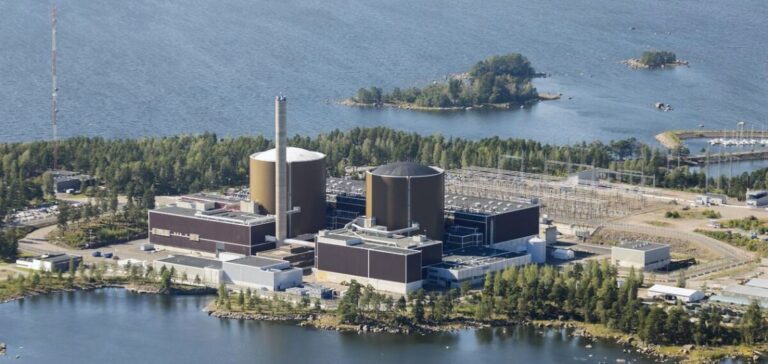The Loviisa power plant will be supplied with a new fuel following the signing of an agreement between Fortum and Westinghouse.
Change of supplier
Loviisa, Finland, will benefit from a new type of fuel. It is based on British Nuclear Fuel Limited fuel. The latter supplied the power plant from 2001 to 2007.
It was used in parallel with the fuel supplied by the Russian TVEL in the early 2000s. The introduction of the new fuel is a multi-year project requiring regulatory approvals. Thus, Sasu Valkamo , vice-president of the Loviisa nuclear power plant, states:
“The new parallel fuel supplier will diversify our fuel strategy, improve security of supply and ensure reliable power generation at the Loviisa power plant also in the future.”
A new agreement
Tarik Choho , president of Westinghouse Nuclear Fuel, states:
“We are proud to support Fortum’s operating fleet with refill quantities of fuel, building on our successful collaboration in providing VVER-440 fuel for Loviisa from 2001 to 2007.”
The fuel agreement with Russia’s TVEL is valid until the end of the current operating licenses in 2027 and 2030. In the spring of 2022, Fortum applied for a new operating license for the two Loviisa plants until 2050.
Fortum announced that a bidding process was underway for the supply of fuel for the new operating licence period. The agreement signed with Westinghouse Electric Company supports Fortum ‘s goal of enhancing the security of energy supply. In addition, the experiences gained from using the new fuel will create the preconditions for a successful tender.





















